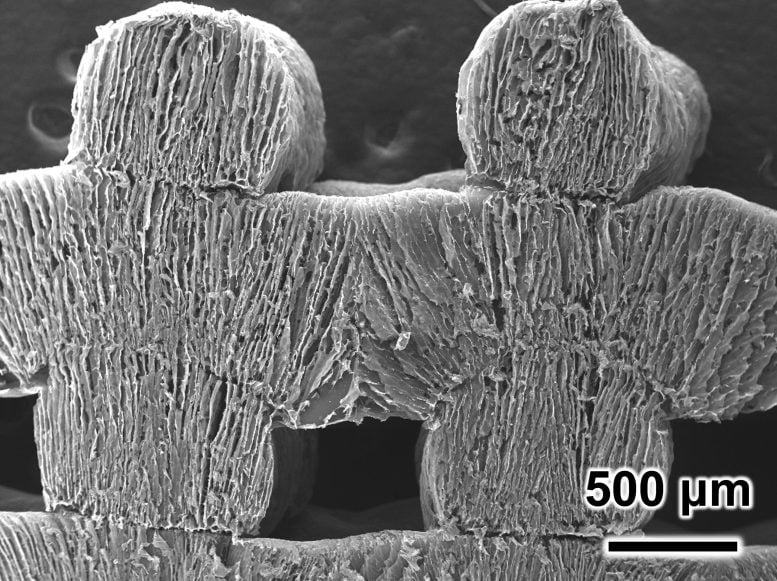Researchers have developed a 3D-printed aerogel material that uses sunlight to convert seawater into drinking water. The sponge-like structure contains microscopic vertical channels that enable efficient water evaporation at various scales. The team published their findings in ACS Energy Letters.

The material is created using a paste containing carbon nanotubes and cellulose nanofibers, which is 3D-printed onto a frozen surface. This process forms evenly distributed vertical holes approximately 20 micrometers wide throughout the structure. Testing showed that larger pieces maintained the same evaporation efficiency as smaller ones, addressing a common scaling problem with previous aerogel designs.
In outdoor testing, the system consisted of the aerogel material placed in seawater and covered with a transparent plastic cover. Sunlight heated the material’s surface, causing water to evaporate while leaving salt behind. The vapor condensed on the plastic cover and dripped into a collection container below.

The test setup produced approximately 3 tablespoons of potable water after 6 hours of natural sunlight exposure. “Our aerogel allows full-capacity desalination at any size,” said researcher Xi Shen, “which provides a simple, scalable solution for energy-free desalination to produce clean water.” The system operates without electricity or complex infrastructure, using only solar energy for the desalination process.
Source: scitechdaily.com

